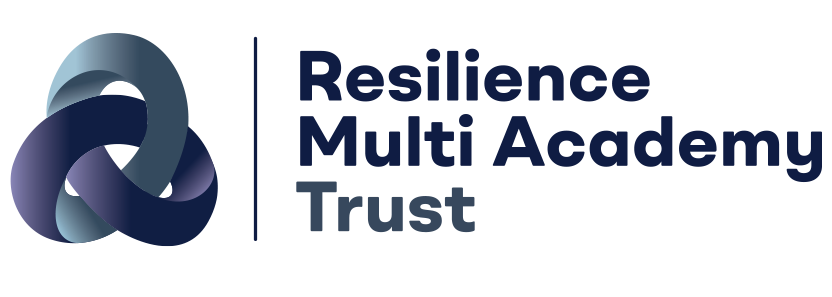History
Key Stage 3
Intent:
Historians at Brayton Academy recognise the importance of the subject of history in everyday life. History has a wider impact as it provides context to the modern world, as well as teaching skills such as empathy, analysis, and critical thinking. Moreover, history links well with other subjects, such as English, geography, sociology, economics and politics, amongst others. Our expectations of students are high; we expect them to engage in the subject by reading, writing, debating and deep thinking. In return, we work hard to provide stimulating and relevant lessons and offer all students, whatever their ability, the opportunity to maximise their potential. By the end of KS3 we want students to be able to explain how modern Britain was created and how it at various points has interacted with the world to bring it to its current position.
The aims of the History Department are:
- We want the pupils to engage and love the subject as much as we do.
- We want the pupils to develop academic resilience, particularly in relation to confidence and independence, whether this be in reading, thinking, writing or analysis.
- We want students to speak and write like historians by understanding how to express their point of view clearly and effectively.
- We want students to understanding their place in the world and how it came to be.
- We want students to make links between History and other subject areas, in particular Religious Studies, Geography and English.
In KS3 students are introduced to key themes (first order concepts) and key skills (second order concepts) that they will return to throughout their studies. The key themes that will be covered includes power and politics, religion and ideology (beliefs and ideas), migration, war and economics. The key skills that will be covered includes cause and consequence (causation), change and continuity, similarity and difference and historical significance.
In Year 7, students have one lesson power week. Students begin with an overview of migration in and out of Britain up to 1066; this unit will act as a bridge between KS2 and what students will be learning in KS3. They will next delve into the Norman Conquest followed by life in the Medieval period. Finally, students will focus on how the Tudors changed Britain with a particular focus on religious developments.
In Year 8, students have two lessons per week. Students will begin by looking at the impact of the end of the Tudor period and the subsequent civil war. Students will then study Britain, both at home and abroad, during the 17th, 18th and 19th Century. Students will finish the year with an overview of the other world powers at the turn of the 20th Century.
In Year 9, students have two lessons per week and will study the 20th Century; they will begin by studying the First World War, before focussing on the Rise of Dictators, such as Stalin and Hitler as well as the impact of the Holocaust. Students will then focus on the Second World War and Cold War. There is a strong focus throughout this year on how all these events interlink. In Year 9, students will begin to be introduced to GCSE History due to the links between what is studied in Year 9 and Year 11.
Key Stage 4
Intent:
Historians at Brayton Academy recognise the importance of the subject of history in everyday life. History has a wider impact as it provides context to the modern world, as well as teaching skills such as empathy, analysis, and critical thinking. Moreover, history links well with other subjects, such as English, economics and politics, amongst others. Our expectations of students are high; we expect them to engage in the subject by writing, debating and deep thinking. In return, we work hard to provide stimulating and relevant lessons and offer all students, whatever their ability, the opportunity to maximise their potential.
The aims of the History Department are:
- We want the pupils to engage and love the subject as much as we do.
- We want the pupils to develop academic resilience, particularly in relation to confidence and independence, whether this be in reading, thinking, writing or analysis.
- We want students to speak and write like historians by understanding how to express their point of view clearly and effectively.
- We want students to understanding their place in the world and how it came to be.
- We want students who demonstrate ambition to make progress.
History in Year 10 and 11 is a full GCSE option on the AQA exam board. This qualification is linear, and students will sit their exam at the end of Y11. GCSE History students’ study one Wider World Study (Conflict and Tension: The inter-way years, 1918-1939), one Thematic Study (Britain, Health and the People c.1000- Present), one Period Study (Germany 1890-1945) and one British Depth Study including a study of a Historic Environment (Norman England).
At the start of Year 10 students will focus on the Normans and Britain, Health and the People. Once completed, students will move on to complete the course by studying the remaining topics: Conflict and Tension: First World War (1894-1918) and the Germany (1890-1945) together at the same time due to the overlapping nature of these topics.
Please click below to view the full Implementation



